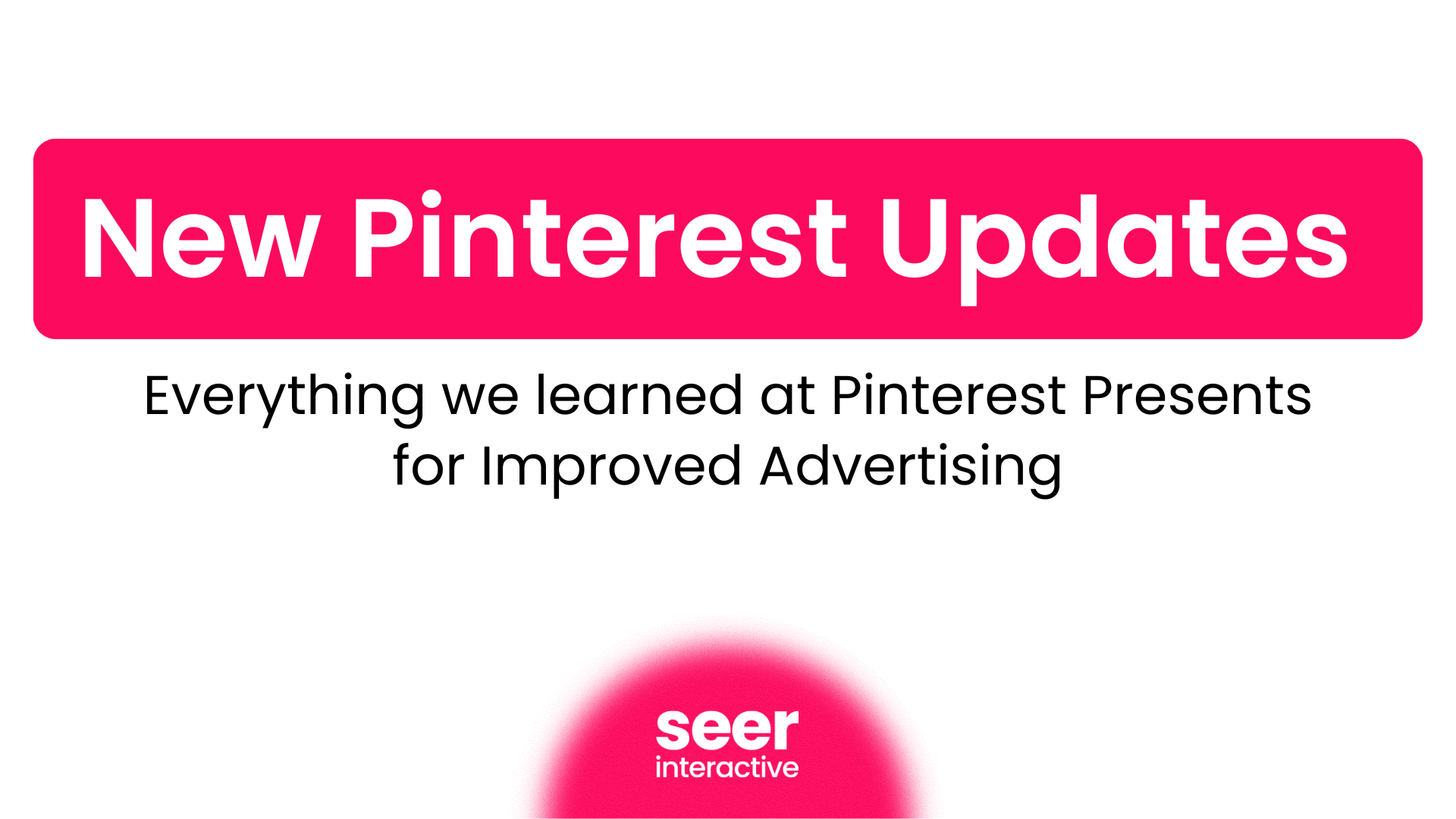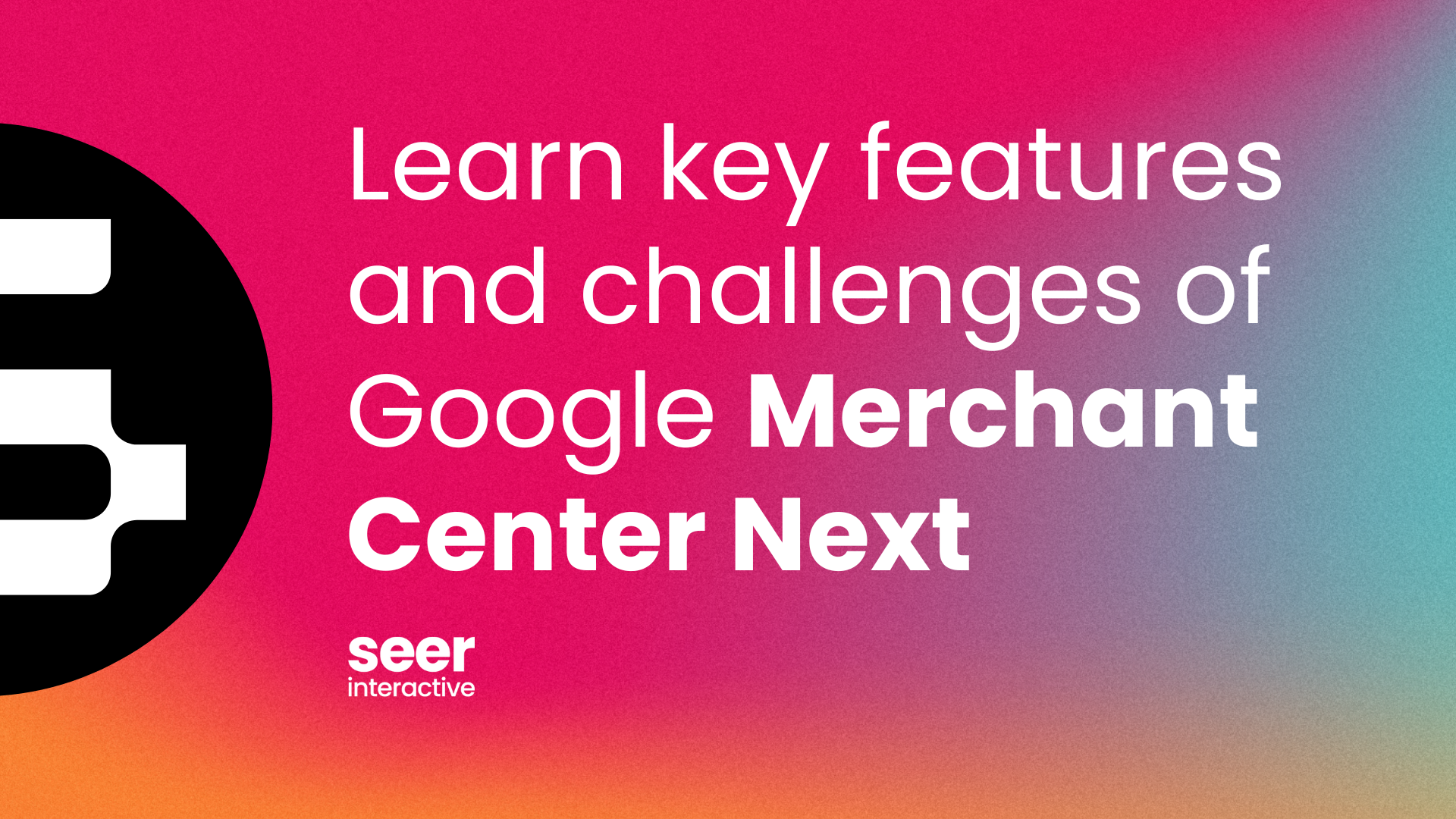Microsoft invited us to the Microsoft in Manhattan event in NYC in October 2023. We learned about upcoming product updates to Microsoft Audience Network campaigns and how Microsoft is democratizing generative AI.
What is Microsoft’s Audience Network?
The Microsoft Audience Network (MSAN) has been around for a few years, so advertisers and daily digital practitioners are generally familiar with it. However, it surprises me consistently how many of my clients are not familiar with the features of MSAN, such as the ability to leverage certain LinkedIn targeting (job functions, industries, and companies) with MSAN.
For those who are not familiar, the Microsoft Audience Network allows advertisers to extend their campaigns to target audiences across Microsoft-owned properties and partner sites. It is a native advertising platform that leverages user intent signals from Bing and Microsoft to help advertisers connect with their target audience.
Key features of the Microsoft Audience Network include:
- Audience Targeting: Advertisers can target specific audience segments based on various criteria such as demographics, interests, and user behavior.
- Native Ad Formats: MSAN supports native advertising formats, which means that the ads are designed to fit seamlessly into the look and feel of the content on the websites where they appear.
- Performance Insights: Advertisers can access performance insights and analytics to understand how their ads are performing across the Microsoft Audience Network.
- Cross-Device Targeting: MSAN allows advertisers to reach users across multiple devices, including desktops, tablets, and mobile devices.
- Expanded Reach: By using MSAN, advertisers can extend the reach of their campaigns to a broader audience beyond search engine results pages.
At a recent event, Microsoft shared that MSAN reaches over 1 billion people globally, and within that group:
- 54 million people are also not on Amazon
- 48 million people are also not on Facebook
- 22 million people are also not on Google
By including MSAN in your media mix, you could reach unique users that you won’t find on your other major channels. Microsoft is expanding placements on MSAN too, with new inventory on Microsoft Casual Games and Microsoft Office 365.
However, like most digital platforms and placements, MSAN will not be at its best as a siloed advertising strategy. Microsoft stressed that the greatest impact when running on MSAN comes when paired with other products, like Search and/or CTV (connected television).
Microsoft shared a few exciting new features coming up soon like:
- New, exclusive in-market audiences and affinity targeting
- “Viewed ad” audiences for retargeting
- Target ROAS bidding
- Compare & Decide ads (currently feed-based and only for relevant industries like retail and auto… but maybe we’ll see that expand to new verticals in the future)
- AI-based image generation
- Google Discovery/Demand Gen integration
Democratizing Generative AI
The most exciting topic from this session was an introduction of Copilot, Microsoft's AI solution. Copilot, “your everyday AI companion” in Microsoft’s words, has been rolled out across Microsoft’s suite of products including Windows . The presentation was even compiled using Copilot! The presenter of this session told us that he gave Copilot an outline of what he wanted to discuss, and the AI system created his presentation deck.
In Microsoft Ads, Copilot will raise insights and recommendations and will be able to automatically generate ad content. Users will have the ability to do things like:
- Provide context about what copy you want Microsoft Ads to write
- Ask Microsoft to further customize the original recommendations
- Choose specific tones (like: friendly, persuasive, cute, inspiring)
- Fine-tune existing images
- I’m really interested in this one and curious to see if these images are actually useful for my clients
For some verticals, this streamlined, in-engine approach could save a lot of time between writing copy and securing approvals. Performance-focused advertisers may benefit most from these updates, in terms of improving performance and saving time. For other verticals or advertisers who have strict brand guidelines, this may not save any time related to implementation, but it could help advertisers more quickly come up with new ideas.
As we begin to use this feature, I wonder how it will compare to using a standard LLM like ChatGPT for something like ad copy inspiration. For example, will Copilot take account performance into consideration when making recommendations? Or, will it function exactly like an LLM and only have publicly available information as a source? Microsoft says the former, but I’m a skeptic until I see it happen.
What’s Next?
With all the unique features available on MSAN and potential access to exclusive audiences, now could be the time to start testing if you haven’t already.
Microsoft says they are currently testing Copilot with a small group of advertisers before bringing it to open beta in the coming months. Keep an eye out for upcoming announcements or notifications in your account around this beta; once you’ve enrolled, start playing around with the features to make an impact in your account.

